Best achievement in the history of Genesis Youth Tournament! U17 Women’s Head Coach Wang Hongliang: We lag behind strong teams in physical confrontations; improvement requires intense training and more high-quality matches.
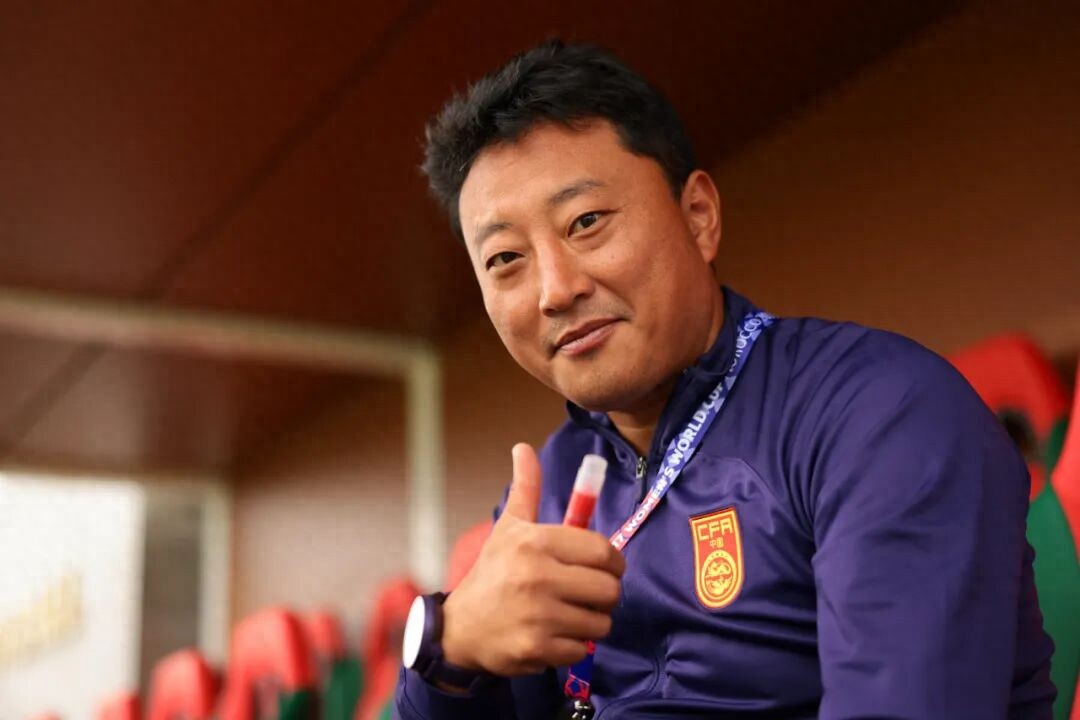
Reporter Wang Wei reports. In the early hours of October 29th Beijing time, China’s U17 women’s team was defeated 0-3 by Brazil in the Round of 16 of the 9th FIFA U17 Women’s World Cup in Morocco, missing the chance to advance to the quarterfinals. Yet, under the guidance of Wang Hongliang, a former player from the golden generation of the 1985 national youth team, the squad made history. This marked China’s fourth appearance at the U17 Women’s World Cup, having never advanced past the group stage before. This time, the Chinese team achieved a historic breakthrough by qualifying for the knockout stage for the first time, setting their best-ever record.
Recently, after returning home, Wang Hongliang reviewed the journey of this U17 Women’s World Cup with our newspaper. Observing the global development of women’s football through this tournament, Wang reflected deeply on the direction of Chinese women’s football. He strongly felt that previous training had not been intense enough, the number of matches against top teams was far from sufficient, and only by playing more matches against higher-level teams and improving tactical approaches could the team hope to control possession in major competitions.
“Through this tournament, I deeply realized that our training is still insufficient, or rather, not intense enough yet. If we can reach the level of high-quality, high-intensity training and adopt tactical and technical philosophies on par with top European teams, Chinese women’s football will definitely return to the world’s elite,” said Wang Hongliang.
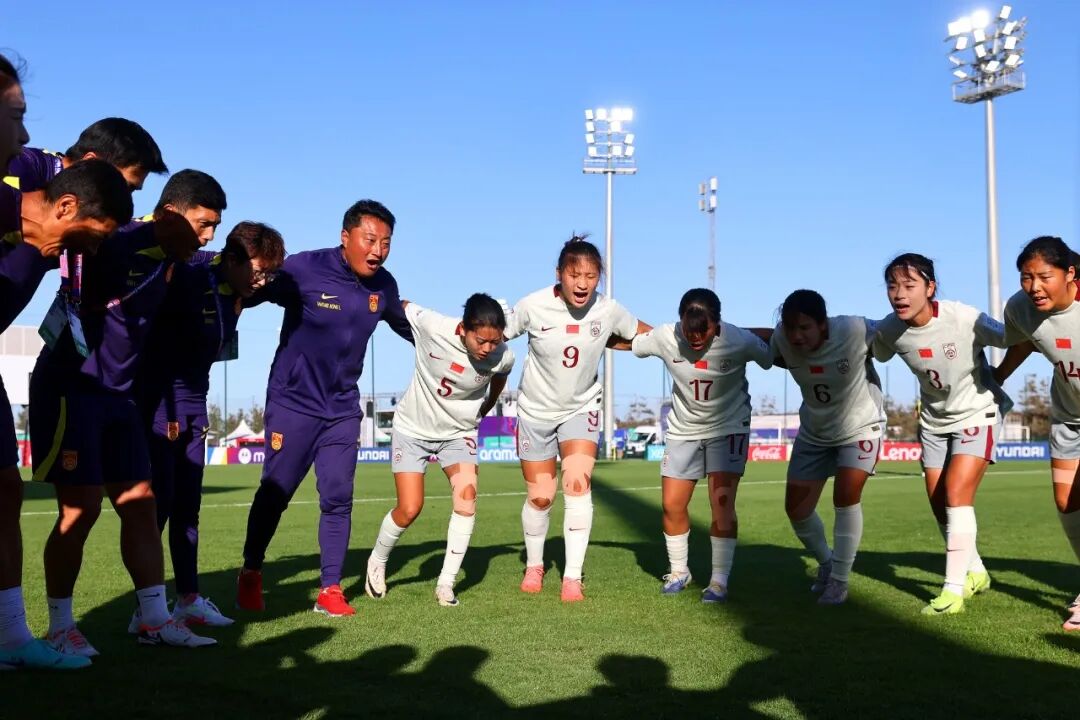

As a third-tier team in this tournament, the U17 women’s national youth team dominated Group C with a 5-0 win over Norway, the European runner-up, then lost 2-5 to the USA in the second round, and won 4-0 against Ecuador in the third round, advancing as the group’s second place to the knockout stage. In the Round of 16, they lost 0-3 to Brazil, ending their U17 World Cup journey.
Regarding this result, head coach Wang Hongliang described his feelings with the word “worthy.” “These two words first express that we have no regrets because we have done a lot. The most obvious gap between us and these top teams is in athletic performance during physical confrontations under high pressure; we are simply not on the same level or dimension,” Wang said. “From the players’ perspective, I believe the kids have now built a solid fitness base and understanding of tactics. Modern football relies on transitions and speed because once formations are set, it’s difficult to break through the opponent’s defense. So transitions are very important. I would say we are now at the level of a second-tier World Cup team, able to control matches and form within our capabilities, which is progress. Of course, it’s regrettable we didn’t go further. We clearly saw the gap in physical confrontations.”
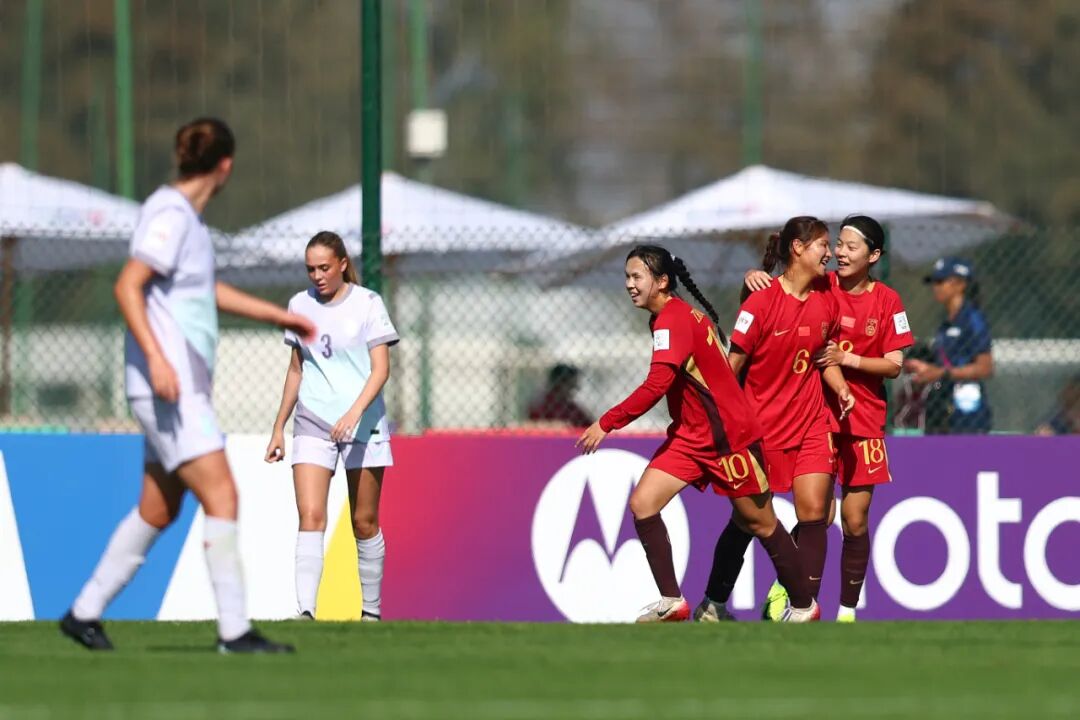
The group stage’s opening big win over Norway, the European runner-up, surprised many about this U17 women’s national youth team’s performance. But in coach Wang Hongliang’s eyes, it was the result of thorough opponent study and targeted preparation. During last year’s U17 Women’s European Championship, Wang and two other Chinese coaches went to the Faroe Islands to observe and gain detailed insight into Norway’s team. “The first match in a tournament is very important; even if you don’t win, you must not lose because those points greatly affect the following matches. So our analysis of Norway was very detailed. Looking at the games against Norway, Cameroon, New Zealand warm-ups, and Ecuador, these were all high-scoring matches, and if played well, we could have scored more than five goals.”
In the match against Norway, there were some key details. “After we scored suddenly, their defense became chaotic, which psychologically broke them,” Wang said. “Norway, as the second-best team in Europe, definitely has strength and is not a pushover, but since they are youth players, they were a bit stunned by our quick goal. Their preparation was not as thorough as ours. Overall, our tactical analysis of Norway and Ecuador was quite accurate. For example, in the match against Ecuador, we effectively contained their No. 9 Valverde and No. 10 Gra. To prepare well, we even changed our original formation and assigned two players to mark those two players one-on-one, which helped us limit their strengths.”
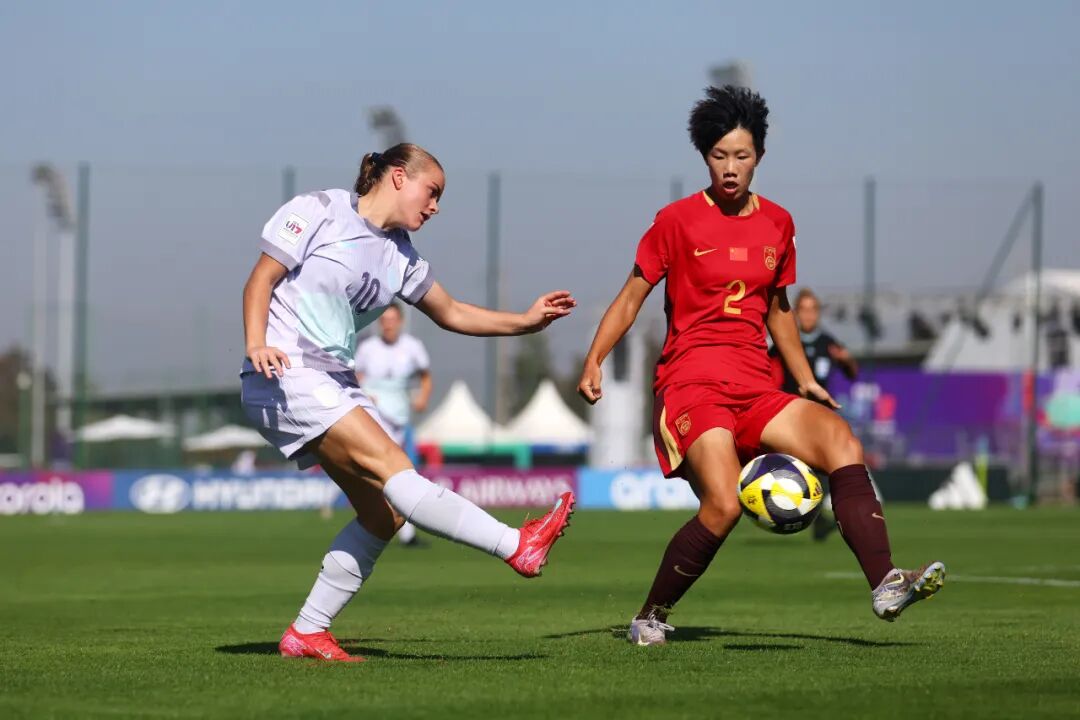

In this tournament, China lost 2-5 to the USA in the second group match and 0-3 to Brazil in the Round of 16, reflecting the team’s shortcomings against strong European and American teams.
During the match against the USA, China had chances both before and after the opponent’s goals. Defensively, the coaching staff made specific plans to mark the USA’s threatening No. 11 DeMary and No. 17 Johnson. “Before they scored the first goal, we performed well. But after conceding, we somewhat collapsed, though we still had chances after the 70th minute. This match showed we do have the ability to compete with the opponent. Injuries to defenders Zhang Kecan and Chen Yuying affected our tactical balance.”
Besides reviewing the matches, a new topic arose: if China had adopted a defensive “park the bus” strategy against the USA and Brazil, results might have differed. Yet Wang Hongliang’s U17 women’s team stuck to their style, insisting on playing proactively. “If we had played a 6-3-1 or 7-2-1 defensive formation, opponents wouldn’t have scored so many goals. But for players at this age, playing such formations is not very meaningful,” Wang believes. “Maybe the outcome would have been better, such as drawing against strong opponents or winning on penalties, but that wouldn’t benefit the players’ growth. Our key is to show our own style and technical characteristics.”
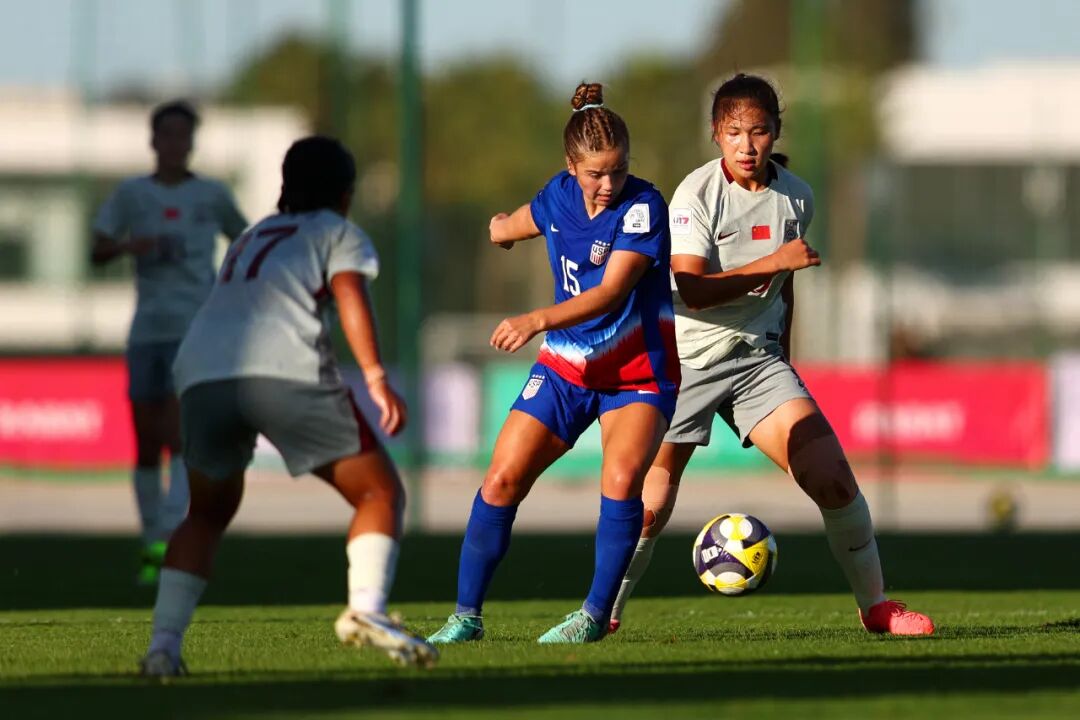

Although they did not reach the quarterfinals, the U17 women’s national youth team showed excellent physical endurance throughout the tournament, with no cramps, and the girls fought hard, demonstrating strong resilience.
At the team’s founding stage, the U17 women’s national youth team benchmarked against the North Korean women’s youth team, which previously won two age-group World Cup titles in youth tournaments.
“Our coaching staff studied North Korea’s women’s youth team’s matches and training in detail. In daily training, our minimum guarantee is running 8,000 to 10,000 meters daily, with fixed data for high-intensity sessions, high-speed runs, and sprints. We run high-intensity sessions on a three-day cycle, which is also the preparation cycle for World Cup intensity. We also competed against youth men’s teams during preparations.” According to Wang Hongliang, the U17 women’s national youth players train very hard. On technical improvements, the coaching staff helps them step by step, “We assist kids in improving passing with the arch of the foot, dribbling, and other skills gradually.”
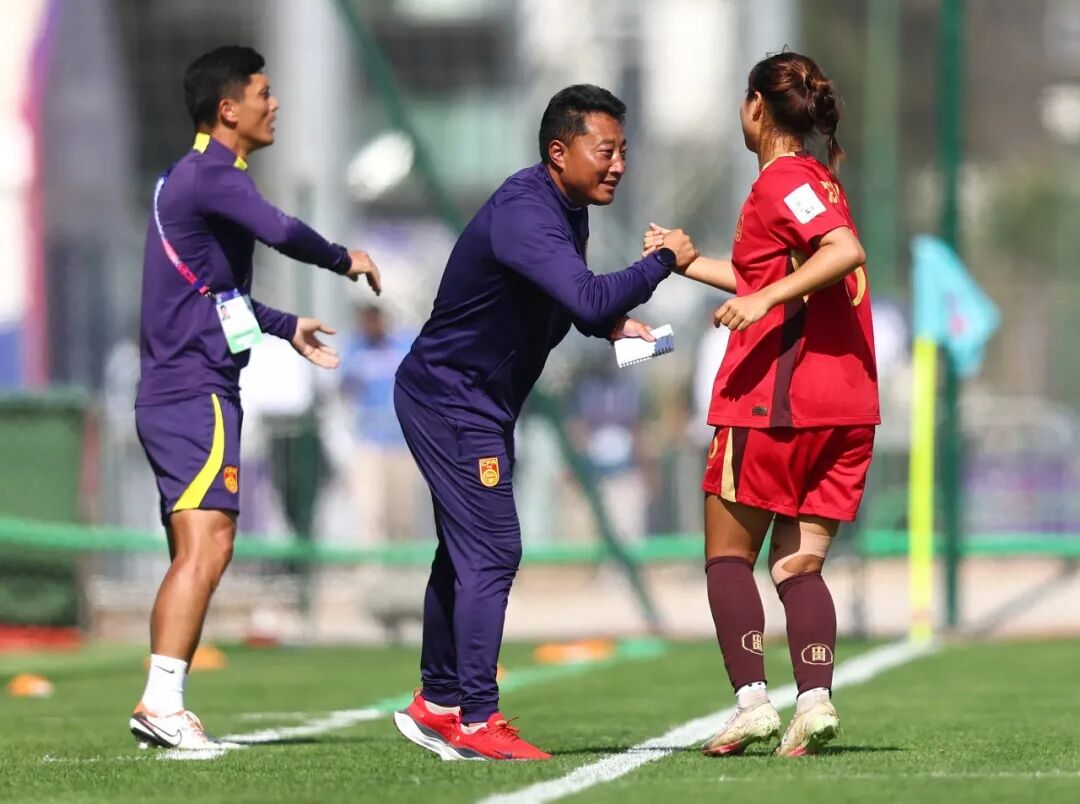
Throughout the preparation, Wang Hongliang’s coaching staff worked over 16 hours daily, sleeping only six hours, constantly reviewing matches and conducting scenario training to raise the players’ level.
Before the U17 Women’s World Cup, China played multiple matches against North Korea, including 9-a-side and 11-a-side games, once winning 4-2 against them. “North Korea makes opponents feel suffocated. Their transitions are long balls behind the defense with a 4-2-4 formation, four players pressing upfront. The pace of North Korea’s women’s youth matches does not change regardless of the opponent. If you can’t keep up on the field, any opponent will feel overwhelmed playing against them,” Wang Hongliang shared his impression of North Korea.
After watching North Korea’s games and competing against them, the U17 women’s national youth players also felt their training intensity must increase, saying, “North Korea’s training intensity is quite terrifying.”
“To give a vivid example, North Korea’s players can sprint the entire 100 meters repeatedly all morning. Their hard training is the key to winning World Cup titles,” Wang Hongliang explained.
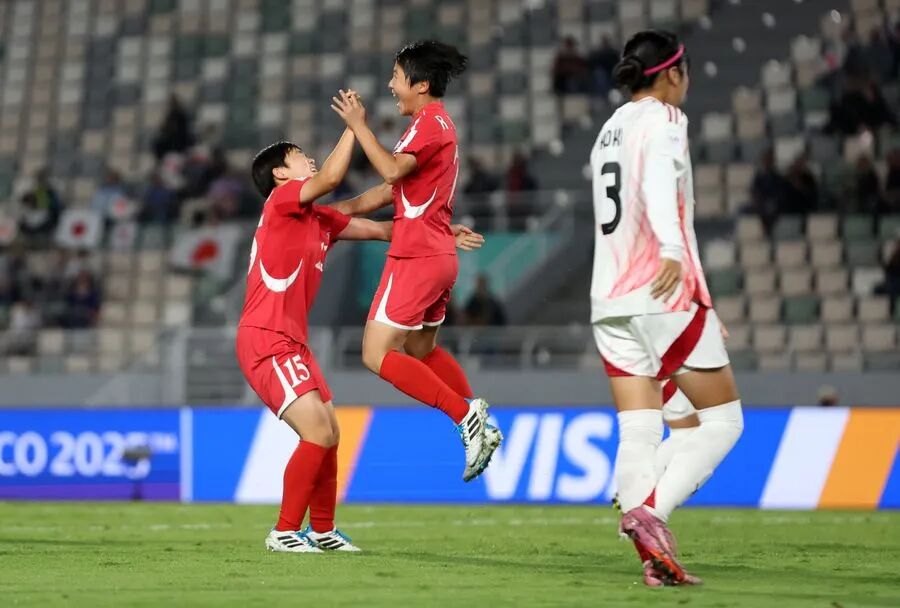

Besides the two World Cup wins, in warm-up matches, the U17 women’s team defeated Cameroon 4-1, Ivory Coast 5-1, and New Zealand 5-0. FIFA experts recognized China’s progress. Based on this World Cup performance, the U17 women’s national youth team has the potential to rise from a third-tier to a second-tier team at this age level. “Regarding the two losses in this World Cup, we had no warm-up matches against the USA or Brazil and limited knowledge of them, and few encounters with strong European and American teams. More matches against international powerhouses would definitely help the team grow,” Wang said. “To catch up internationally quickly, we need high-intensity training—tough training—and must play many high-quality international matches abroad, then return to self-correct and train again, and then go out to compete again. This cycle will definitely bring hope.”
During the U17 Women’s World Cup, the team experienced many unforgettable moments. “Chen Yuying was injured in the match against Brazil, receiving five stitches on her lip. She told the team she was fine and wanted to keep playing; her spirit was very touching. Also, because our training was tough and intense, seeing the players persevere moved me deeply. Sometimes even the coaching staff wondered if the training was too much or too harsh, but the players endured it all, fighting for their dreams. When the girls scored, we praised them and asked if they wanted anything; they asked for a pair of football boots as a reward for their training.”
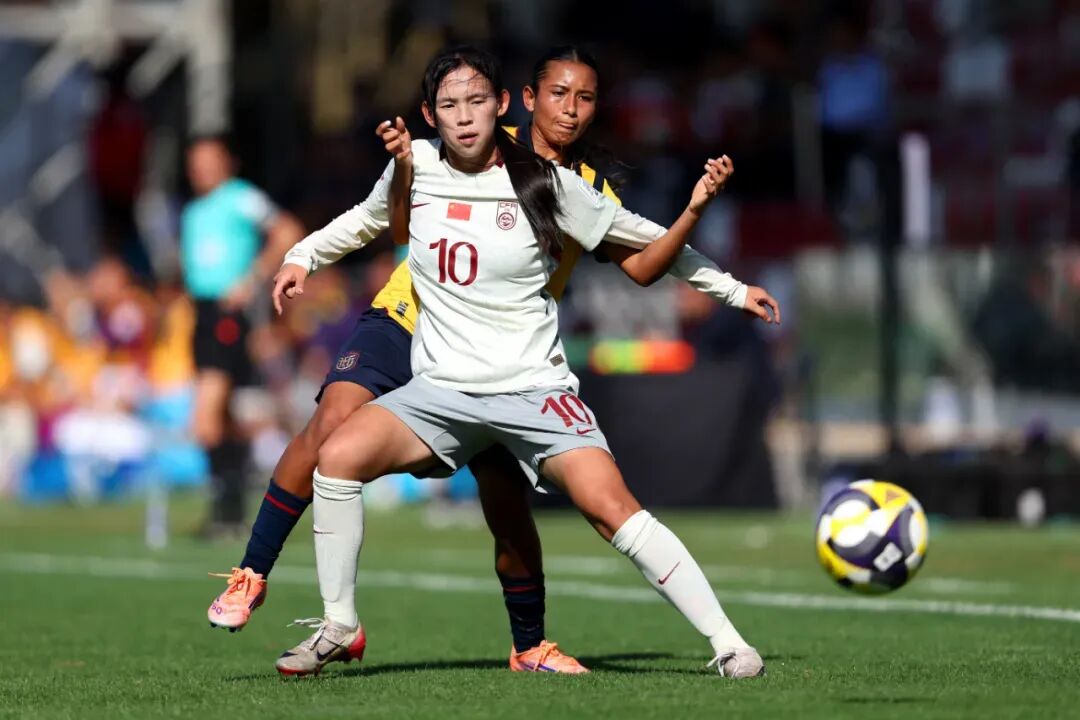
Offensively, China’s team was a major highlight in this tournament, scoring 11 goals in three group matches. No. 10 Zhou Xinyi stood out, scoring in all three group matches with four goals and one assist, earning fans’ nickname “Little Sun Wen.” Wang Hongliang revealed, “Zhou Xinyi’s performance has attracted attention from European teams. I believe if these kids have the chance, they should play abroad before 18. They don’t necessarily have to play for top-tier teams abroad; even securing a spot in second-tier teams is good. From a future development perspective, going abroad to play is essential.”
Through this youth World Cup, Wang Hongliang gained deeper insights into international women’s football development. “The current trend in international women’s football is to control the game on the field, maintain possession, and emphasize transitions. Teams like Spain, the USA, and Japan play this way. Moreover, international women’s football is becoming increasingly physical, even more masculine in style, which has become a trend.”
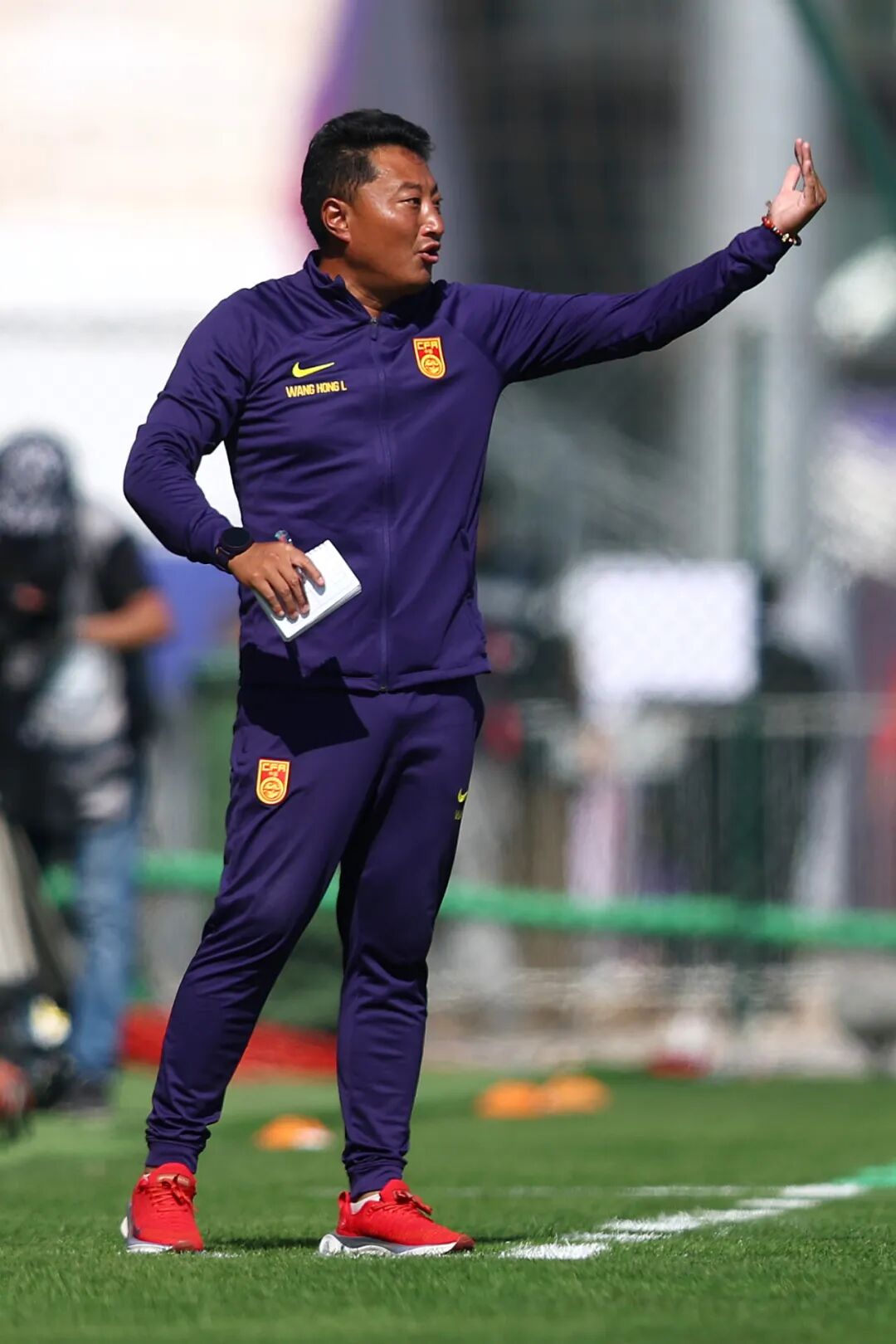

As a player, Wang Hongliang participated in the 2005 Netherlands Youth World Cup; as a coach, he led young talents in the U17 Women’s World Cup. This experience is an invaluable treasure for him. A member of the 1985 golden generation, Wang once served as general manager of a professional football club and earned a professional coaching license in 2022, becoming the first among his generation to obtain this qualification.
Among the players who competed in the Netherlands Youth World Cup are Wang Hongliang, Chen Tao, Zhou Haibin, Hao Junmin, Cui Peng, Yuan Weiwei, and Tan Wangsong, all now active as coaches. As the only group of Chinese players to showcase their skills on the world stage since the 2002 World Cup, they carry many hopes for Chinese football.
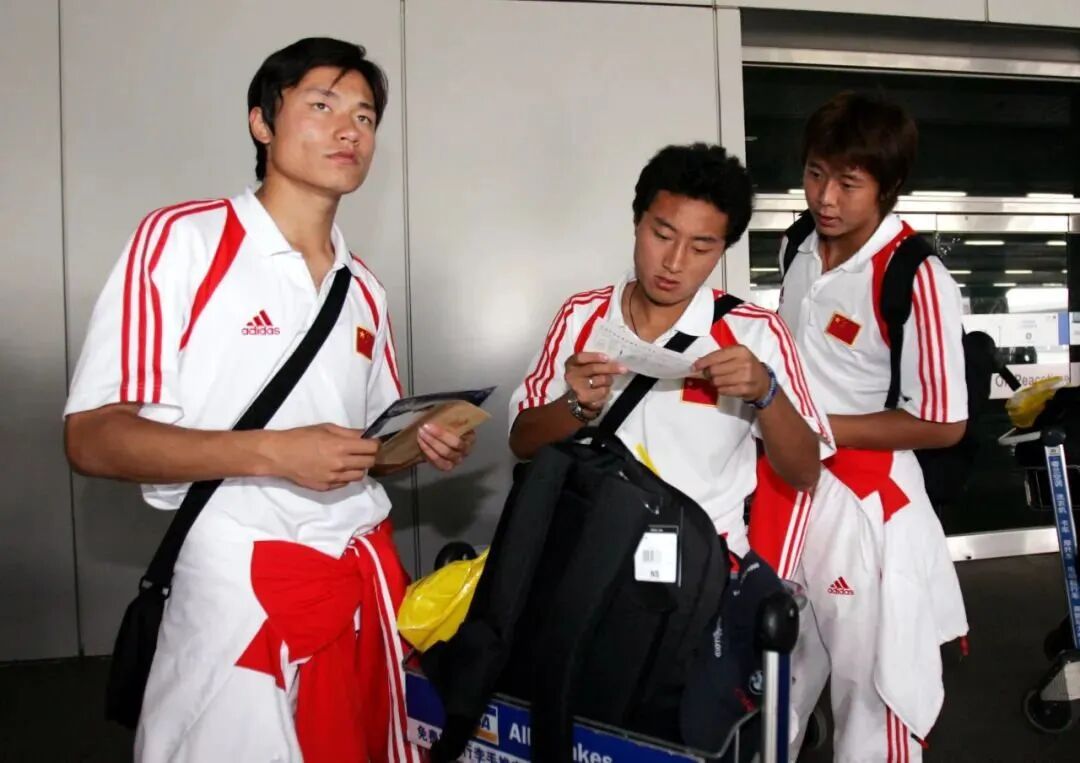
Notably, the U17 women’s national youth team’s coaching staff also includes Zhu Ting and Jiang Ning, former teammates of Wang Hongliang, who study together. “We experienced three group stage wins in the Youth World Cup together. Now, we are eager to learn and remain united, with frequent communication and professional exchanges,” Wang said. “Chen Tao now coaches in the Chinese Super League with clear ideas and has established himself. I believe many coaches from this generation will step onto the professional league stage in the future.”
Wang Hongliang’s leadership of the U17 women’s national youth team’s breakthrough at the World Cup is a step forward for domestic coaches. Facing great pressure in the local coaching environment, these former Youth World Cup players are striving to break through in coaching. “Coaches today face many challenges, but regardless of the environment, the player must always be the focus. Coaching ability itself, emotional intelligence to read the situation, and management skills are all crucial.”
In Wang Hongliang’s view, if the team loses a match, he will take responsibility first. “The coach’s responsibility is primary; a coach must always consider things from the players’ perspective.”
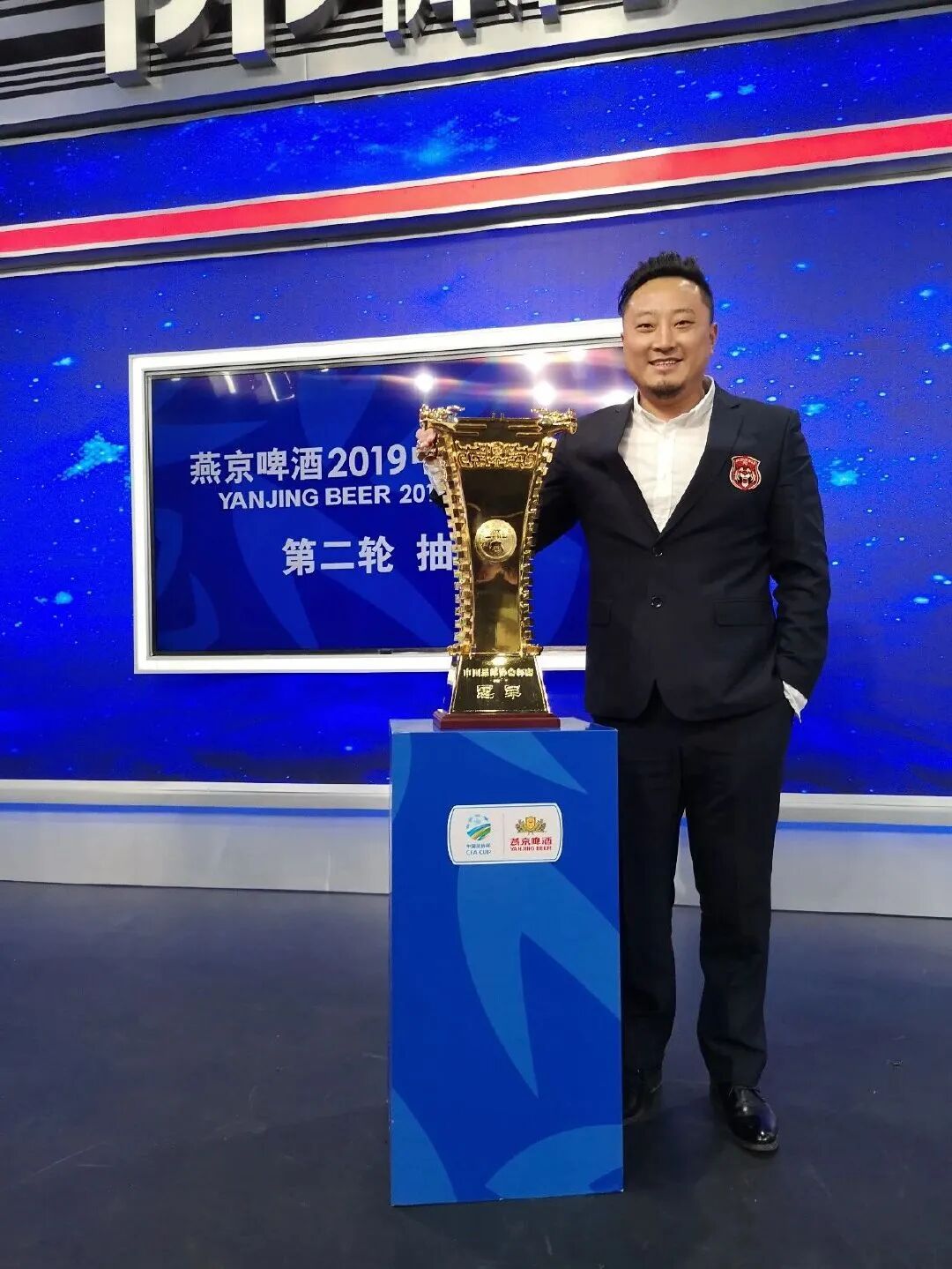
Wang Hongliang’s coaching philosophy is partly influenced by his years as general manager of Shanghai Jiading Huilong Club. “I think the hardest part of transitioning from player to coach is management because everyone has their own methods and is constantly learning to logically present what they want. Simply understanding it yourself is not enough; the key is to make the players understand. It’s about organizing fragmented ideas logically. Moreover, I believe modern coaches are like managers and must understand management. For players, management is the hardest part. As players, we manage ourselves, but managing a whole team involves many aspects, so one must learn management knowledge.”
Wang Hongliang admires Carlo Ancelotti’s coaching style and loves studying football techniques and innovative ideas from advanced football nations. Looking ahead, he hopes to enrich his football philosophy through continuous practice and learning. “If possible, I hope to follow a top foreign football club closely and learn from excellent European coaches, which would greatly help our future football development path.”
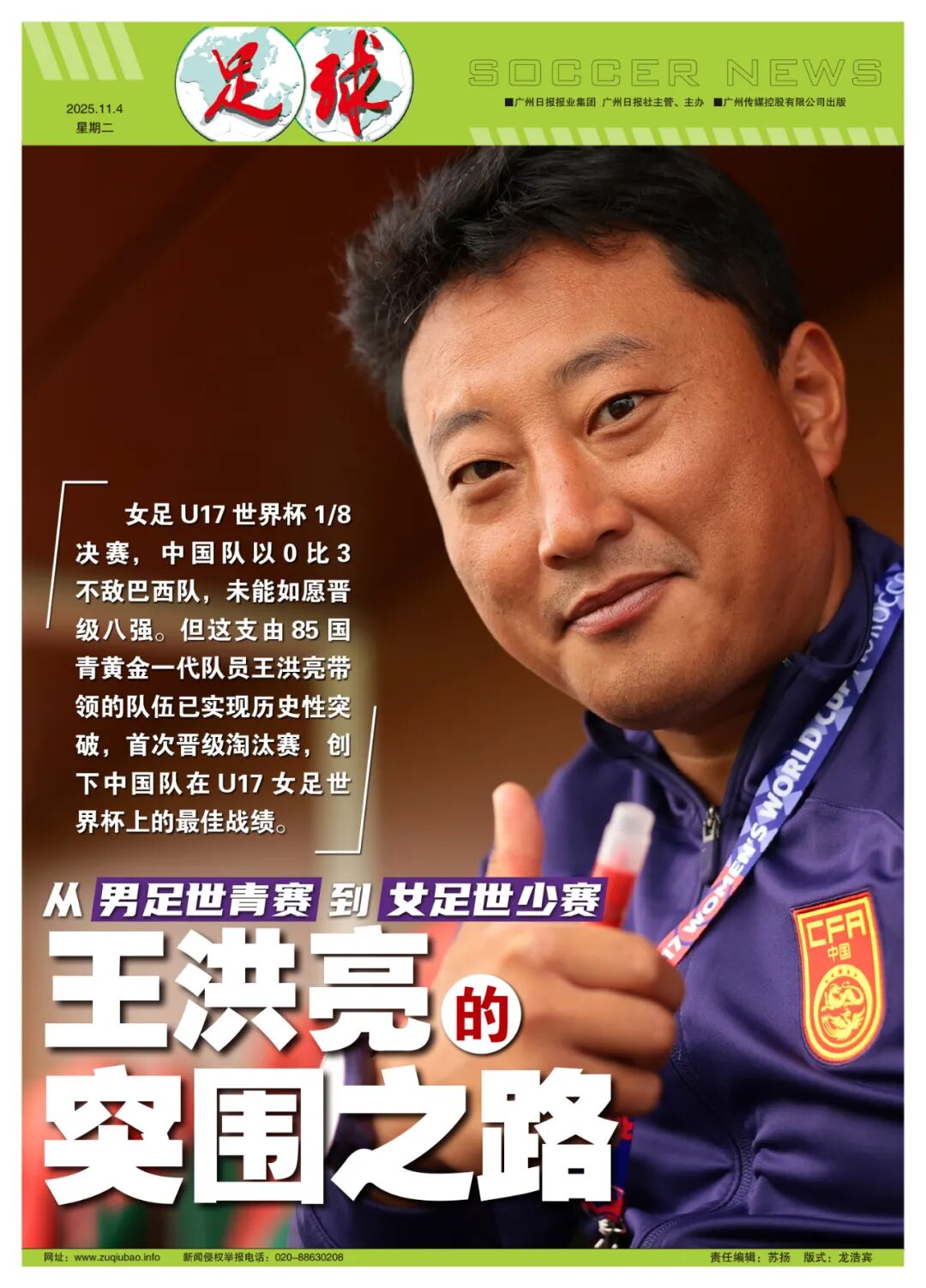


Wonderfulshortvideo
How did he even see this pass?!


haaland goal haaland assist haaland edit


User soccer has posted a video.


BUNDESLIGA 2 🇩🇪 | 09/11/25


User ScoreStream has posted a video.








 Links
Links
 Contact
Contact
 App
App


